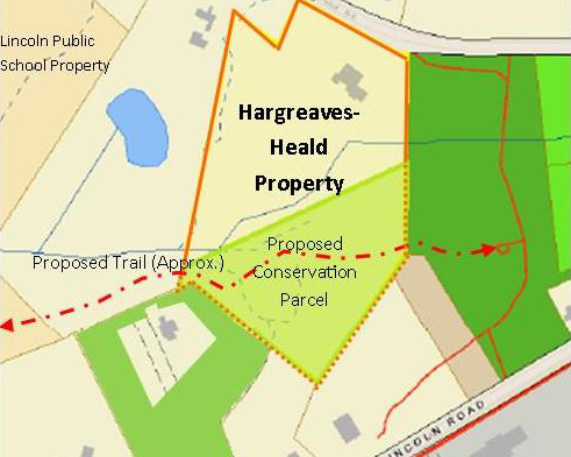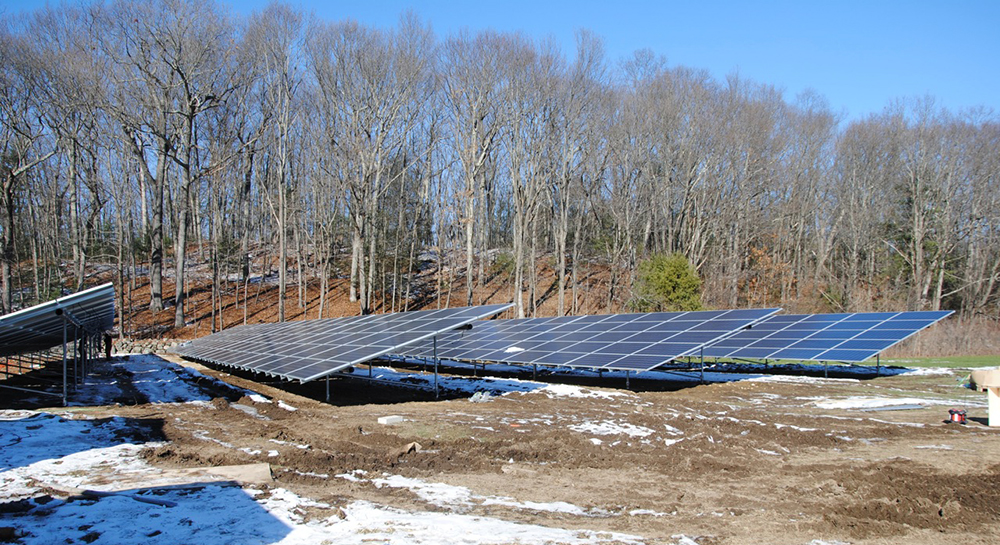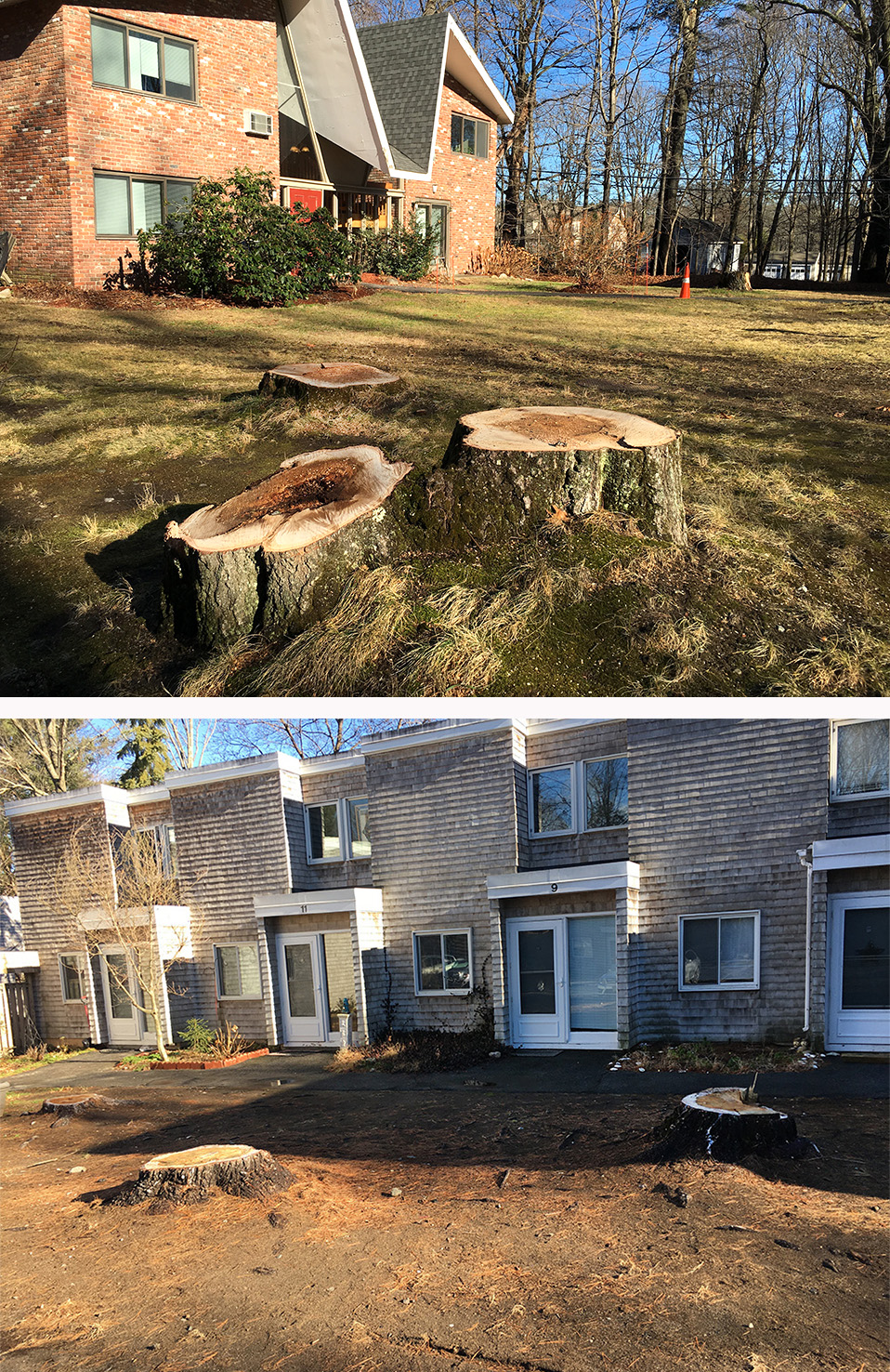There will be fewer crumpled paper cups in the Lincoln School’s future after one of the water bubblers is be replaced by a “hydration station,” thanks to a Town Meeting citizen’s petition by a group of eighth-graders.
Laura Appleby, Hannah Hwang, Keith Hylton, Roshan Kharbanda, Tara O’Malley, Simon Perry and Zach Tam wanted to come up with a more environmentally friendly solution for dispensing drinking water at the school. The bubblers have replaceable five-gallon jugs that dispense water into disposable paper cups, so each one has a wastebasket next to it filled with this trash.
After looking into alternatives, the students found that users could fill up their reusable water bottles at a “hydration station” that dispenses filtered tap water. Their citizens’ petition asked voters to approve an expenditure of up to $3,500 for a hydration station in Reed Gym.
In the course of their research, the students learned that the water in the Lincoln School is in fact safe to drink and is used by the cafeteria every day. The school has always had ceramic water fountains, but they were mothballed in the 1900s over concerns about excessive lead and copper. A 1991 federal law required towns to test and eventually limit the amounts of those metals in municipal drinking water.
To help the students, Lincoln Water Department Superintendent Greg Woods researched the Lincoln history of issue and learned that the metals had come from lead solder and the copper pipes conveying water from the mains to individual homes and schools. The problem was most noticeable in cases where water sat in the pipes for extended periods of time, such as the days and weeks when school was not in session.
“Unlike Flint, Michigan, the town and schools do not have lead pipes transporting the drinking water to the tap,” Woods wrote in a letter to the student group in February.
In 1998, the Water Department installed a new corrosion control system at both of the town’s water supply sources to make the pH of the water non-corrosive and to provide a protective coating on the interior of a building’s plumbing to prevent leaching. The town subsequently achieved compliance with the new rules—so well, in fact, that the Massachusetts Department of Environmental Protection granted a waiver to reduce the frequency of required sampling to once every three years.
Nonetheless, “we note that the success of the corrosion control systems to protect Lincoln residents from elevated lead and copper has not been widely publicized,” Woods wrote.
The hydration station will also save money. The students found that the school now spends $2,625 per year on water and paper cups for each bubbler, “so we’d break even in about a year and three months,” Perry said during their Town Meeting presentation. Other schools with hydration stations have been successful in increasing student use of reusable water bottles, O’Malley added.
Asked why the group didn’t press for hydration stations to replace every bubbler in the school rather than just the one in Reed Gym, Perry replied, “As a group, we want to take a step rather than conquering the world. We want it as a step to look at as inspiration.”








